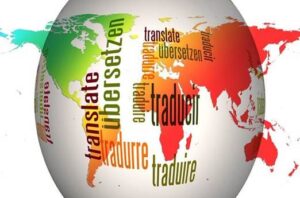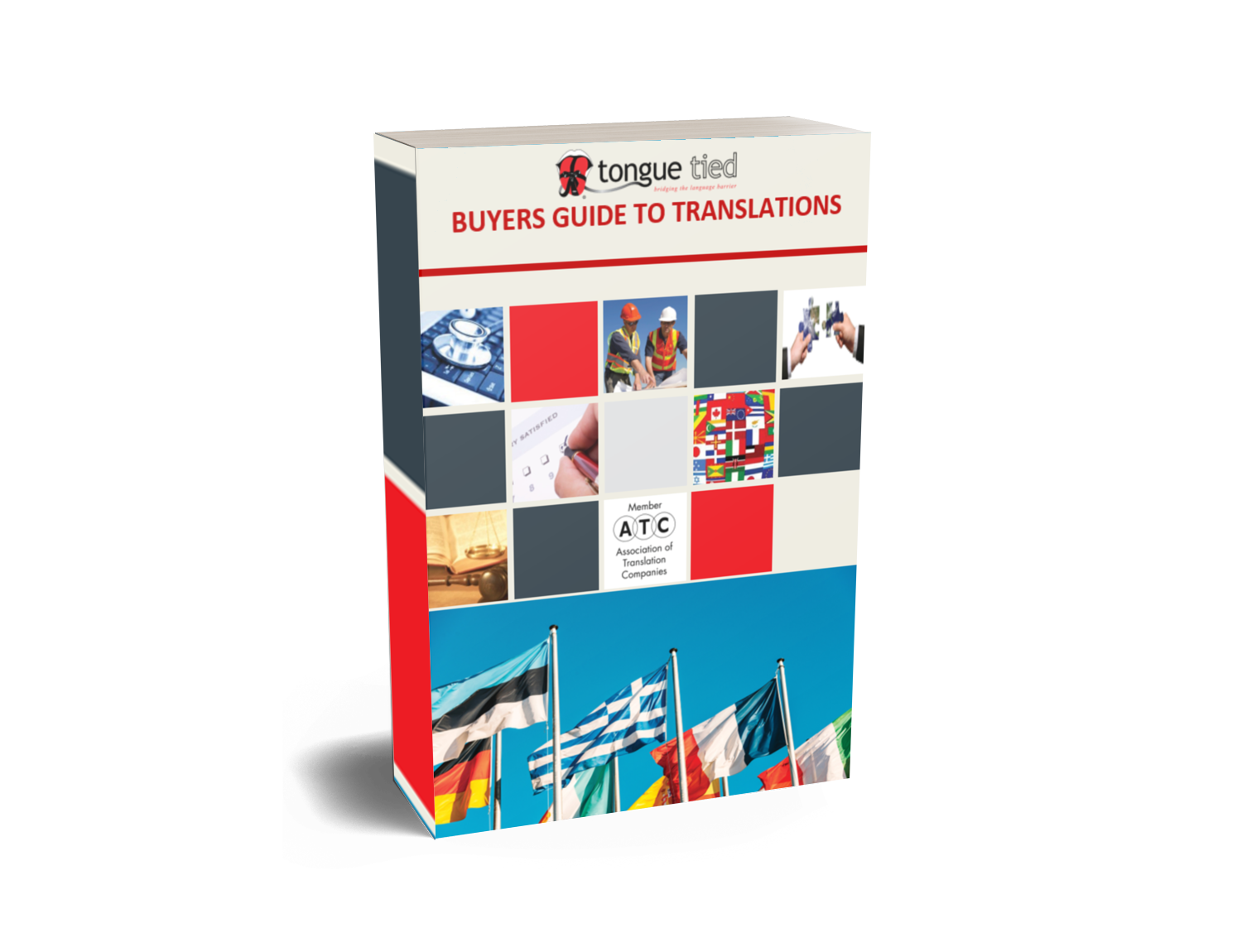Why is financial translation so important?

Money matters everywhere in the world – you’d struggle to find an area of business more international than the financial sector!
In today’s bustling business environment, more and more companies are growing beyond their national borders. This means that financial translations are needed now more than ever before.
Companies are often required to provide financial information in the native languages of other countries. In these situations, effective communication and accurate financial translations are crucial.
Financial documents can be incredibly complex, involving various legal frameworks, and financial terms often don’t have direct equivalents in other languages. Relying on a translation tool like Google Translate simply won’t cut it when it comes to business and finance translation.
A professional financial translator will be able to accurately convey the content of the source text in the target language and will be aware of how complex financial terms translate into their native language.
So, what sort of documents would come under the financial translation umbrella?
Financial texts can vary greatly. Below are some examples of the kinds of financial documents that often require translation:

- Annual reports, such as audits, balance sheets, income statements, etc.
- Communication with shareholders and other investors
- Certification, such as VAT certificates and tax records
- Company information for potential investors and clients
- Insurance documents and terms
- Financial forecasts, business plans, etc.
As the above list shows, it’s quite likely that a company will require a financial translation at some stage, even if their area of expertise isn’t related to finance!
Why does accuracy matter in financial translations?

When it comes to financial translation services, accuracy is of the utmost importance.
A decimal point in the wrong place or an incorrect translation of a key financial term can have very serious consequences, not just for your company and its reputation, but for your clients as well.
A classic example: in 1984 a press report about the Continental Bank of Illinois’ financial troubles and a potential buyout was translated into Japanese. Unfortunately, the word ‘rumours’ was mistranslated as ‘announcement’, which led to Japanese investors pulling their funds. Needless to say, this led to catastrophic consequences!
And it’s not just the words that can cause confusion in financial translations, it’s the numbers too!
In English, a comma is used to separate thousands, for example, 15,000 is fifteen thousand, while a full stop is used to represent a fraction of a number, for example, 2.5 is two and a half. But in lots of European languages, like German, a full stop is used to separate thousands and the comma is used as the decimal separator instead, so 15.000 would be fifteen thousand and 2,5 would be two and a half!
The difference between a comma and a full stop may seem small, but it could have huge implications if the wrong one is chosen in a financial translation!
How can potential errors like these be avoided?

If you want a financial translation done properly, your document will need to be translated by a translator who specialises in financial translation.
The financial world is full of complex terms that are constantly changing. A good financial translator will have their finger on the pulse and will be aware of specialist terms within the industry and how these translate into their native language.
At Tongue Tied, we work with a trusted network of financial translators.
Here are some of the qualifications and qualities they possess:
- Our financial translators are professionally qualified to degree level, either UK Masters or the local equivalent
- They only translate into their native languages
- They are based in the countries where the translated financial documents will be used
- They are often members of local professional bodies
- They have many years of experience translating financial texts
- They are familiar with the specialist terminology used in the financial sector
- They use translation tools to ensure consistency and accuracy
How can translation tools help when it comes to financial translations?
Our translators use CAT (computer-assisted translation) tools. This does not mean the translations are carried out by machines. Instead, the tools provide assistance to the translators during the translation process.
CAT tools can detect repetitions within and across documents. These repetitions can be charged to you at a discounted rate. They can also build up what’s known as a translation memory (or TM) for each individual client to ensure that when the same term comes up across different documents, it’s translated consistently.
The translators will still check and approve the translation (as sometimes the same term will be translated differently within a different context), but this helps to maintain consistency within your company’s financial translations.
CAT tools also display documents in segments where the source text can be seen next to the translated text. This can be very helpful for translators, especially when it comes to attention to detail and making sure that numbers are translated accurately, a crucial factor in financial translations!
What other factors are important in financial translation?

Aside from the fact that financial translations must be produced with 100% accuracy, there are some other elements that financial translators need to consider.
They will often have to carry out some research, whether this be into your company or into specialist financial terms.
While the translators are experts in their field, it can be extremely helpful when clients provide glossaries or terminology lists that provide more company-specific information and definitions that the translators may not be able to find out themselves.
Confidentiality is also very important when providing financial translation services. All our translators sign a non-disclosure agreement to ensure that your documents are treated with the utmost confidentiality.
Our financial translations are also proofread to make sure that the meaning of your documents has been conveyed accurately and that numbers have been carried over correctly!
If you’re interested in our financial translation services or if you need a quote for translating a financial text, please do get in touch:
Tel: +44 (0)1606 352 527
Email: sales@ttmltd.com
Sources: Fair Trade in Financial Services: Second session; January 22, 1992; serial no. 102-85
National Diversity and Global Capitalism, edited by Suzanne Berger, Ronald Dore


0 Comments